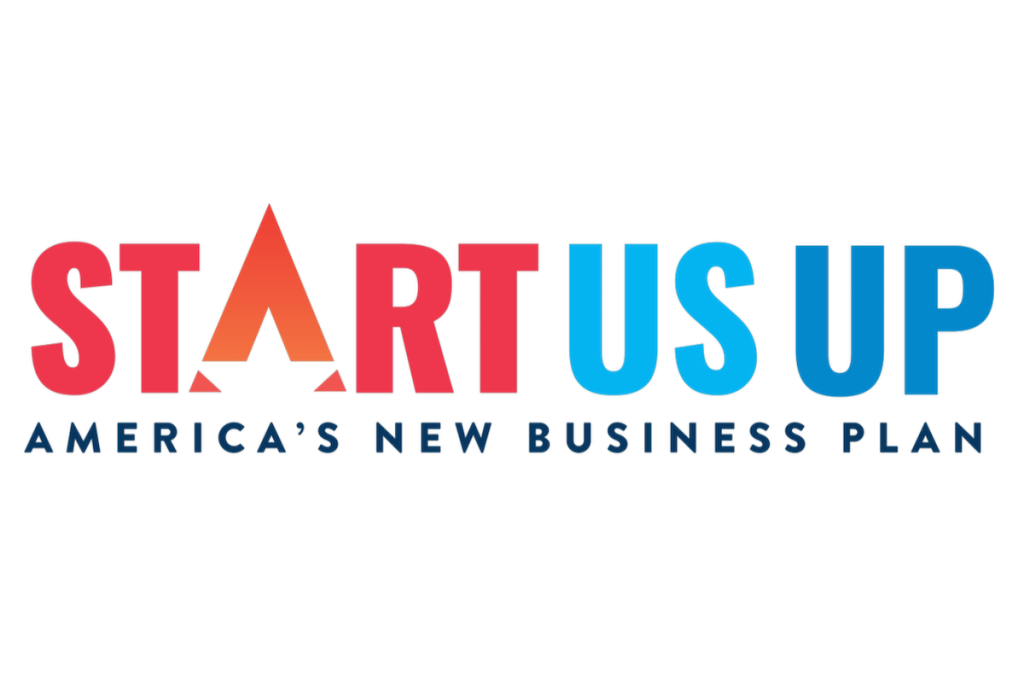Over the next month, students across America will return to school. Some, it seems, will physically return to the classroom. Many won’t.
As we enter month six of the COVID-19 pandemic, the consequences of its persistence continue to reveal themselves. Up next: the effect of long-term school and childcare closures on women’s careers.
In July, The Wall Street Journal published a piece forecasting the impact, sharing concerns from Professor Joan Williams, founder of the Center for WorkLife Law.
Opening economies without schooling and childcare is a “recipe for a generational wipeout of mothers’ careers,” said Joan Williams, a professor at the University of California Hastings College of the Law.
The Wall Street Journal
Women have already been hit harder by the pandemic. As noted in a CNBC article on the same topic, “June unemployment numbers show that 11.2% of women over age 20 are unemployed” — a full percentage point higher than men, per the most recent jobs report.
Women entrepreneurs already face outsized barriers relative to their male counterparts, including with limited access to capital. These imbalances carried over to COVID, where up to three million women-owned businesses were potentially shut out of the Paycheck Protection Program. Add to that the fact that working women are likely to bear the brunt of stopgap childcare responsibilities now and beyond, given the likelihood that many childcare centers will close absent government intervention.
It’s just one example of the far-reaching needs of entrepreneurs, and why comprehensive policymaker action must extend to every corner of our economy.
Our COVID-19 policy response details a number of these support mechanisms that must be strengthened to see entrepreneurs, particularly those from underrepresented backgrounds, through this crisis. The recommendations range from offsetting health care costs to lessening the burden of student loans — both of which are necessary so new businesses have the freedom to flourish.
Childcare is no different. So as the school year begins, it’s critical to both anticipate the additional duties many parents will assume and ensure robust support in a post-COVID society.

